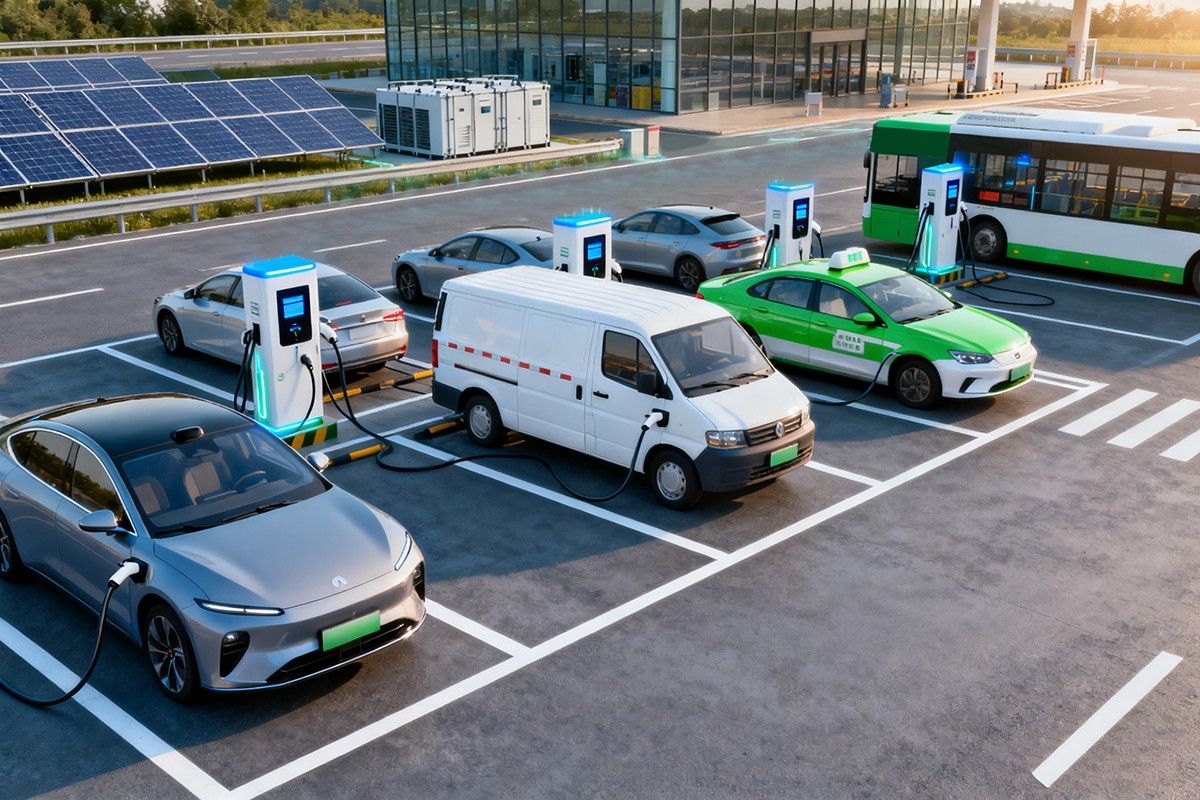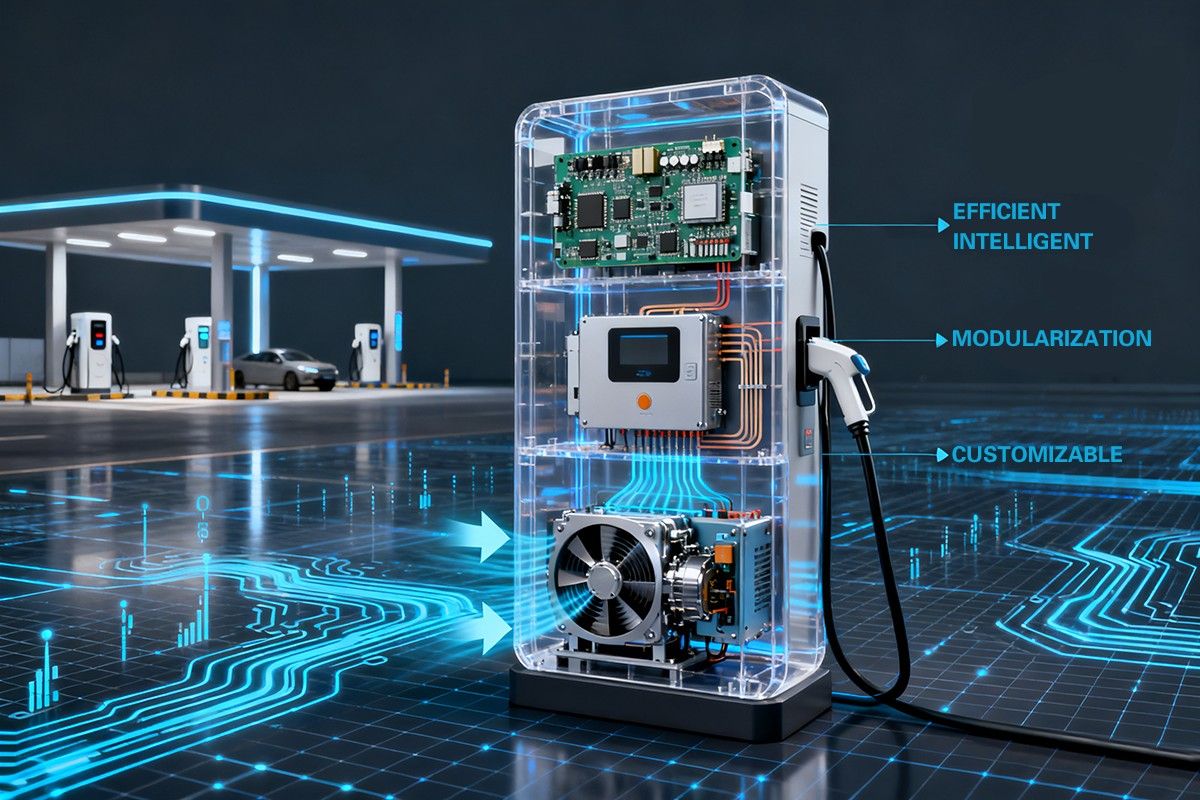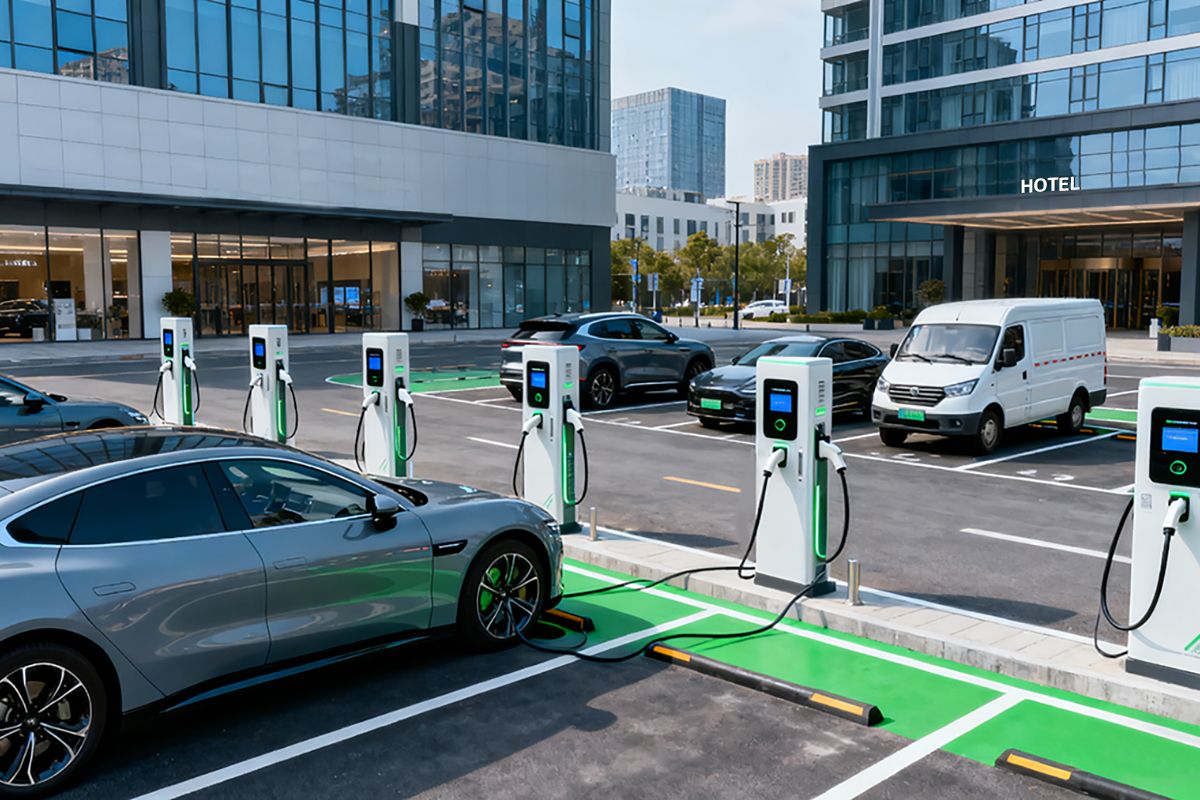1. Understanding the Role of EV DC Charging Station
As electric vehicles (EVs) continue to redefine transportation, the demand for fast and reliable charging infrastructure has become essential. EV DC charging stations are now the backbone of modern e-mobility, designed to provide direct current (DC) power for rapid charging. Compared to AC chargers, which rely on the vehicle’s onboard converter, DC chargers deliver electricity directly to the battery, significantly reducing charging time.
Modern EV DC charging station & OCPP 1.6J ensure open communication with backend management systems, allowing operators to monitor sessions, track performance, and manage payments remotely. Moreover, ev dc charging station with 4G/Wi‑Fi connectivity enable real-time updates, remote diagnostics, and seamless integration with energy management platforms.
2. OEM/ODM Customization for Different Markets
As charging infrastructure expands across diverse regions, customization becomes key. Many manufacturers now provide EV DC charging station OEM/ODM services, allowing partners to adapt designs, interfaces, and branding according to local standards.For instance, different markets may require varied connector types—CCS1, CCS2, GBT, CHAdeMO, or Tesla NACS—and each must comply with specific voltage and communication standards. OEM/ODM solutions help charging network operators deploy systems tailored to their country’s technical and regulatory requirements, while maintaining global compatibility through OCPP communication protocols.
3. Commercial Charging Stations: Powering Public and Private Fleets
The rise of commercial charging stations marks a major shift toward sustainable business operations. Unlike home chargers, these stations are designed for public and commercial use, capable of handling multiple charging sessions simultaneously.
Certified commercial charging stations CE & RoHS guarantee compliance with international safety and environmental standards. They are typically installed in shopping centers, highway rest areas, logistics hubs, and fleet depots, serving both individual drivers and electric vehicle fleets.
For businesses, deploying commercial charging stations for public&use not only generates revenue but also enhances brand visibility and contributes to local sustainability goals. Similarly, commercial charging stations for commercial fleets help companies reduce operational costs by optimizing vehicle uptime through high-power charging.
4. The Future of Smart EV Charging Infrastructure
The future of the EV industry lies in intelligent, connected, and efficient charging networks. Next-generation EV DC charging stations are integrating cloud-based management, smart load balancing, and renewable energy systems such as solar and energy storage. These innovations ensure that charging infrastructure evolves alongside the vehicles it serves.
As governments and private investors continue to accelerate infrastructure development, commercial charging stations will play an even greater role in enabling clean mobility and supporting the global shift toward zero-emission transportation.
Conclusion
Whether it’s a customizable EV DC charging station OEM/ODM, a networked EV DC charging station with OCPP 1.6J, or a commercial charging station CE & RoHS certified for public access—each solution contributes to a smarter and greener energy ecosystem. By integrating advanced technology and intelligent management, these stations will empower cities and businesses to embrace the electric future with confidence.




Оставить комментарий
Все комментарии перед публикацией проверяются.
Этот веб-сайт защищается hCaptcha. Применяются Политика конфиденциальности и Условия использования hCaptcha.